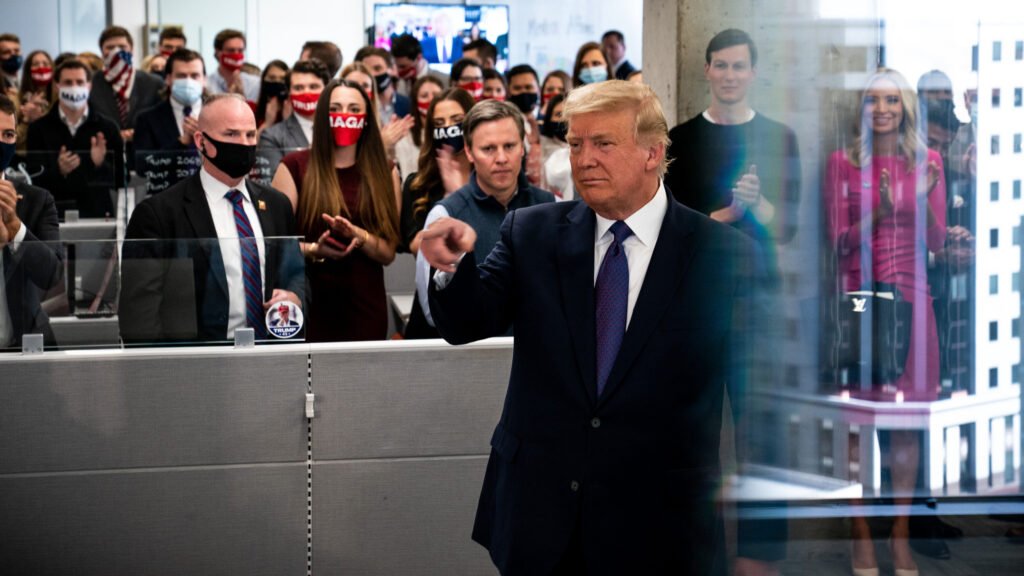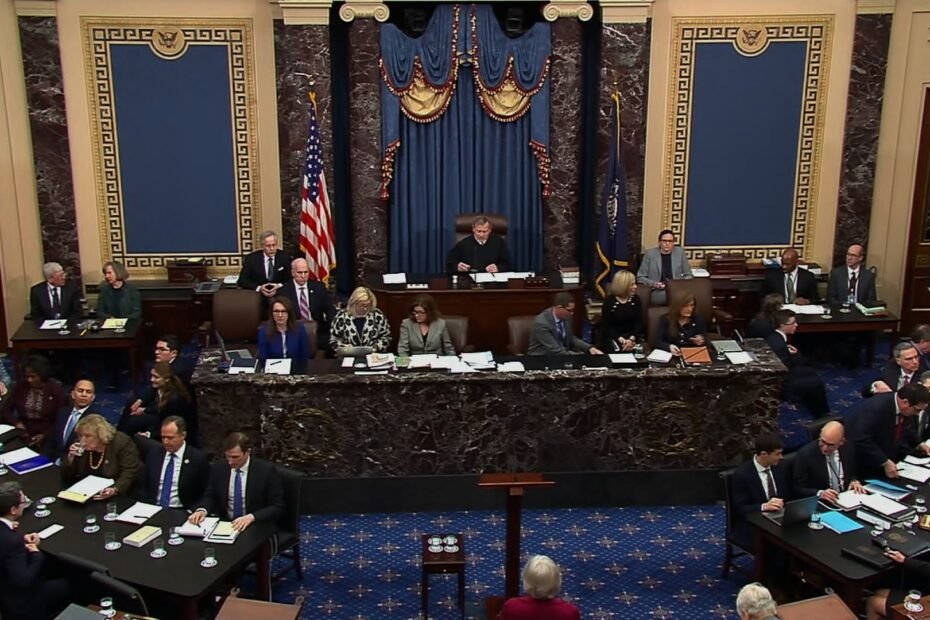In a recent development that carries significant implications for the legal trajectory of former President Donald Trump, the Supreme Court has opted for a conventional approach, allowing the appeals court to handle the case before considering its involvement. Legal experts, including former Deputy Assistant Attorney General Jean Yu and former law clerk Tom Dupri, offer their insights into this decision’s impact on Trump’s legal battles, the upcoming criminal trial, and the broader political landscape. Let’s delve into the nuances of the Supreme Court’s decision and its potential ramifications.
Trump’s Legal Defense Team Claims Victory
Former Deputy Assistant Attorney General Jean Yu and Tom Dupri, both seasoned legal experts, analyze the Supreme Court’s decision and characterize it as a victory for Donald Trump. The Court’s choice to adhere to the standard legal process, allowing the appeals court to proceed before any potential Supreme Court involvement, aligns with Trump’s legal defense strategy.
Jean Yu emphasizes that this decision essentially grants Trump’s legal team the time they need, predicting a delay in the criminal trial until the immunity issue is resolved. The move positions Trump favorably, pushing the trial timeline potentially into the summer and possibly beyond the November elections.
Navigating Legal Avenues: Trump’s Team and Delay Tactics
Tom Dupri echoes the sentiment, acknowledging that Trump’s legal team has consistently explored legal avenues to delay proceedings, potentially extending the legal battles beyond the 2024 presidential election. The decision not to expedite the case aligns with this strategy, allowing the regular legal process to unfold.
The legal experts caution against interpreting the decision solely as a partisan victory, emphasizing that the Supreme Court’s unanimous stance indicates a commitment to standard legal procedures rather than fast-tracking the case based on special requests.

Challenges to Special Counsel Jack Smith’s Approach
While the Supreme Court’s decision is viewed as a legal victory for Trump, questions arise about the approach taken by Special Counsel Jack Smith. Smith’s request for an expedited appeal, attempting to bypass the appeals court and involve the Supreme Court directly, has faced criticism.
Tom Dupri notes that Smith’s request was somewhat extraordinary, and the Supreme Court’s unanimous rejection indicates a reluctance to expedite the process. The legal experts stress the importance of allowing the regular legal channels to unfold, avoiding rushed decisions and potential backlash.
Political Dynamics and the 2024 Election
The discussion expands to encompass the broader political implications of the Supreme Court’s decision. Legal analyst Andy McCarthy joins the conversation, shedding light on the Supreme Court’s reluctance to position itself as a decisive force in the 2024 presidential election.
Drawing parallels to the Supreme Court’s involvement in the 2000 Bush v. Gore case, the experts highlight the court’s desire to avoid being perceived as arbiters of political outcomes. The decision to let the regular legal process play out reflects a cautious approach to maintaining the court’s impartiality.
Public Perception and Confidence in the Supreme Court
The conversation takes a turn toward public perception, with a mention of a June 2023 poll indicating a decline in confidence in the Supreme Court. Former Assistant U.S. Attorney Andy McCarthy addresses the sentiment that the court may be perceived as an “unelected and unenthusiastic” power broker in the 2024 presidential contest.
The legal experts acknowledge the challenges faced by the Supreme Court in maintaining public confidence, especially in a politically charged environment. The decision to adhere to standard legal procedures reflects a commitment to upholding the court’s integrity despite potential criticisms.
Legal Path Forward and Implications for Trump
As the legal landscape unfolds, the experts anticipate the reversal of the Colorado decision barring Trump from the ballot. Jean Yu emphasizes that the Supreme Court’s likely move is to preserve the voters’ choice, allowing them to decide Trump’s eligibility. The legal battles, however, may extend beyond the immediate criminal trial, shaping the narrative leading up to the 2024 elections.
In conclusion, the Supreme Court’s decision serves as a pivotal moment in Trump’s legal journey, offering him a strategic advantage in delaying the criminal trial. The experts dissect the legal intricacies, emphasize the court’s commitment to standard procedures, and highlight the delicate balance between legal maneuvers and public perception in the run-up to the 2024 elections.
